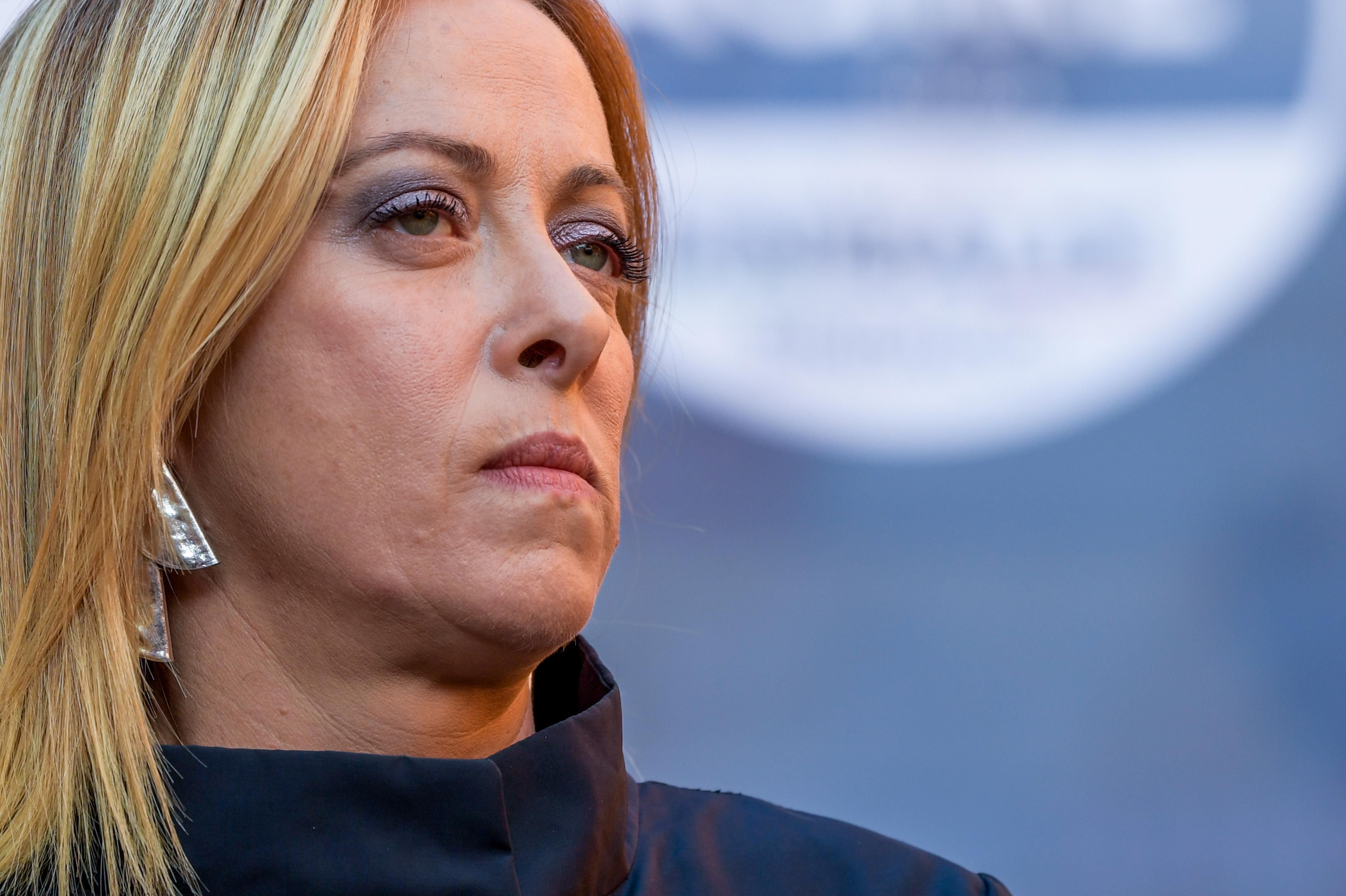After 17 months of relative stability, Italian politics has again become a roller-coaster ride, and a country that’s had 18 governments in 34 years will soon have another. With the collapse of Mario Draghi’s coalition, a new election will likely take place in September or October.
Who will lead that government? It’s too soon to tell, given the fast-changing nature of Italian politics, but now’s a good time to take another close look at the charismatic Giorgia Meloni, the leader of the most popular party in Italy today.
Four years ago, populist firebrand Matteo Salvini was widely considered Italy's prime minister-in-waiting, until a series of political missteps left him in opposition. Then the arrival of COVID in 2020 devastated Italy and its economy, blunting the force of Salvini’s anti-EU message by leaving the country dependent on outside help.
Draghi, a former European Central Bank president and formidable technocrat, became the man of the hour, and in February 2021 he formed a government of national unity. Faced with the need to work with the EU on financial relief for his country, Draghi extended a hand to both the left and right. The center-left Democratic Party and anti-establishment Five Star party agreed to join his coalition. Crucially, so did Lega, Salvini's party.
That's when Salvini and Lega began to drop in the polls. Some voters who liked his anti-immigrant fist-shaking and attacks on EU leaders decided that Salvini had sold out by joining Draghi's government, which has accepted EU reform demands in exchange for pandemic rescue funds.
In search of a more authentic far-right alternative, many of those voters turned to the Brothers of Italy, the largest party in parliament to remain outside Draghi's coalition.
That party's leader, Giorgia Meloni, began rising in the polls.
Who is she? Just 45, Meloni has more than two decades of experience in bare-knuckled Italian politics. As a teenager, she joined the youth group within Movimento Sociale Italiano (Italian Social Movement), a barely reconstructed fascist party inspired by Benito Mussolini. After moving to the right-wing National Alliance, she became minister of youth in one of the many governments led by former Prime Minister Silvio Berlusconi in 2008. In 2014, she helped found Brothers of Italy.
On immigration, the party has struck an even harder line than Lega has. The Brothers have called for blockades to stop migrants from reaching Italian ports. Meloni wants to boost Italy's birth rate to ease the need for migrant labor. She’s called for the defense of "God, fatherland, and family," an old-school fascist slogan.
Meloni has never favored an Italian exit from the EU, but she has said Italy should "re-discuss" existing EU treaties and the single currency. She has called for amending Italy's constitution to give Italian law priority over European law.
Getting to compromise. If Meloni, or anyone else in her party, becomes prime minister, her attitude toward the EU and its institutions will face intense scrutiny, both within Italy and across Europe. This is still a moment when recovery for Italy’s post-pandemic economy means cooperation with the EU to gain access to COVID relief “disbursement funds.” And that depends on continued reform of Italy’s economic management.
Meloni has taken a strong position in favor of Ukrainian and EU efforts to help that country repel Russia’s invasion. That demonstrates that her political pragmatism will trump nationalism when necessary to boost her party’s credibility as a leader in government.
But she’ll certainly have to prove to skeptics that her traditional Euro-skepticism would prevent Italy from getting the EU help it needs to restore its economy to health. And getting from here to there might prove a punishing process for Italy’s still-fragile economy.
